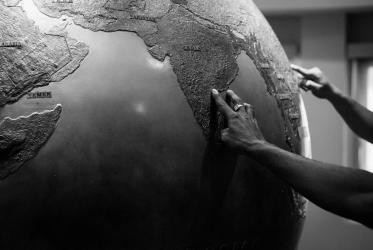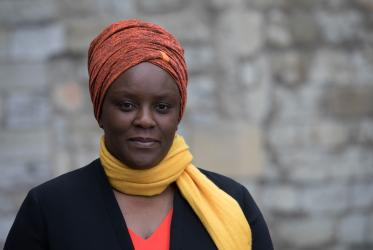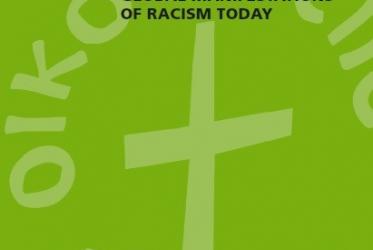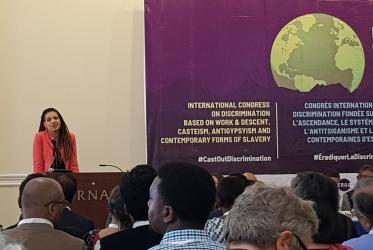Displaying 1 - 20 of 88
18 December 2023
NIFEA group calls for reimagined global financial alternatives
21 September 2023
Water and justice at the WCC 11th Assembly
20 July 2022
Upcoming webinar will focus on COVID-19 and caste discrimination
24 February 2022
Webinar will highlight “People on the Move: Solidarity and Advocacy”
05 November 2020
Ecumenical Review focuses on “Global Manifestations of Racism Today”
27 February 2020
WCC represented at International Sanitation Convention in India
18 October 2018

















